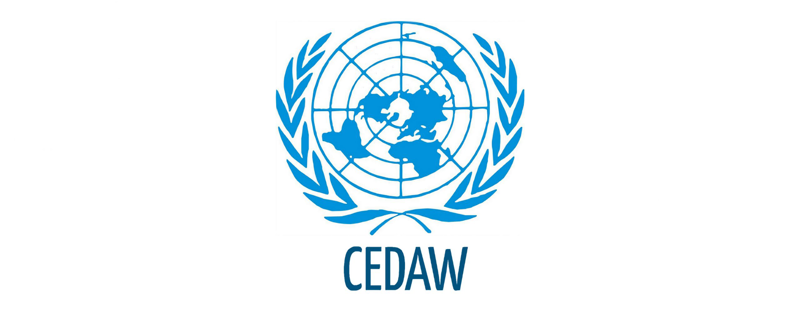The Convention on the Elimination of All Forms of Discrimination against Women (CEDAW)
The Convention on the Elimination of All Forms of Discrimination against Women (CEDAW) is one of the most widely ratified United Nations conventions. However, it is also the convention that has faced the highest number of reservations from signatory states.

Adopted by the UN General Assembly in 1979, the Convention on the Elimination of All Forms of Discrimination against Women (CEDAW) is one of the UN’s nine core human rights conventions. It is the second most ratified UN convention after the Convention on the Rights of the Child. As of 2012, 187 countries had signed the convention, representing over 90% of UN member states.
CEDAW was created because general human rights instruments were not considered sufficient to protect women's rights and prevent gender discrimination. Historically, discussions on human rights largely focused on men’s rights, such as protection against torture in wartime, often rendering women’s rights invisible.
CEDAW consists of 30 articles, with the first 16 defining key terms and outlining fundamental rights. These articles establish, among other things, that signatory states must take measures to eliminate discrimination against women in political and public life, eradicate workplace discrimination, and address stereotypical behaviours that portray one gender as superior or inferior to the other.
One of the unique aspects of CEDAW is that it requires governments to focus not only on eliminating discrimination against women in the public sphere but also in private life.
Reservations
Although a significant number of UN member states have signed the convention, CEDAW is also the UN’s core human rights treaty with the highest number of reservations. Most reservations concern Article 16, which addresses the elimination of discrimination in marriage and family life. Around 60 countries have made reservations regarding all or parts of this article, particularly in areas related to reproductive health, bodily autonomy, childbirth, contraception, and sexuality.
The United States remains one of the few countries that has not ratified the convention, meaning it has not formally adopted it as binding law.
Publication date: 28 February 2025
Last updated: 28 February 2025

